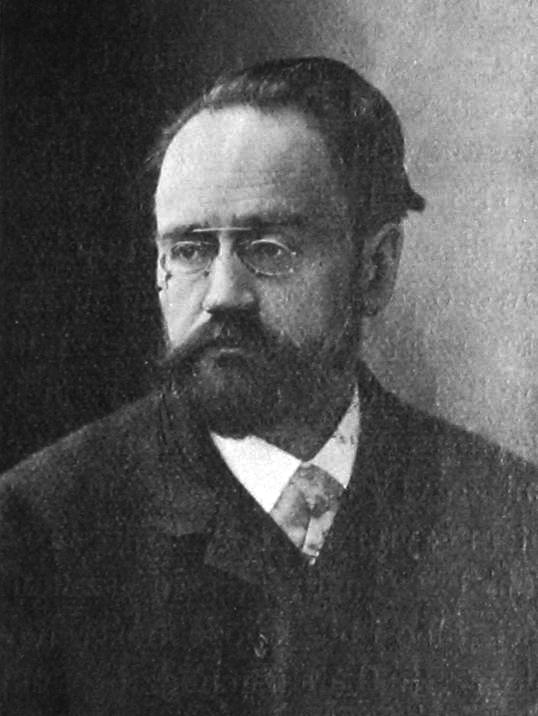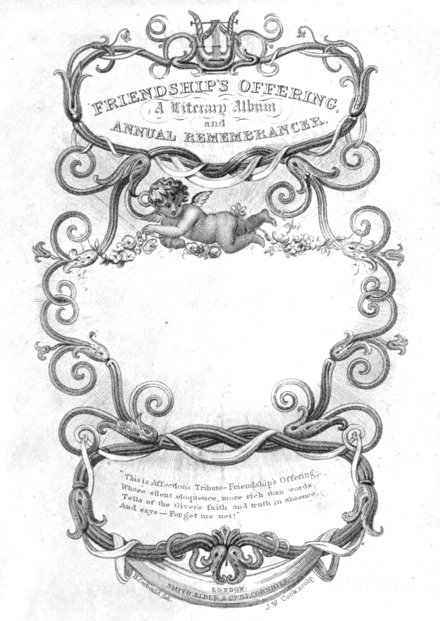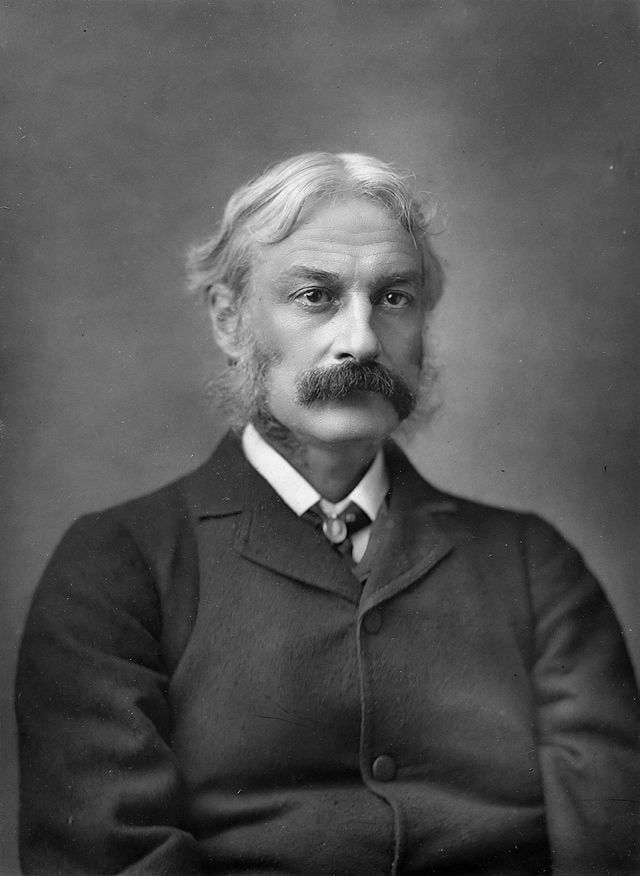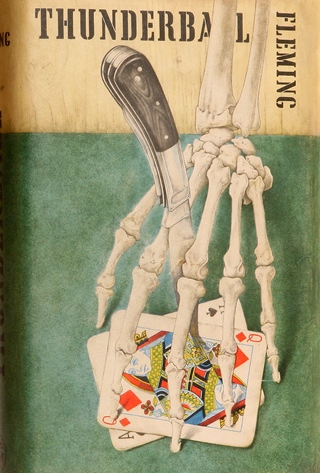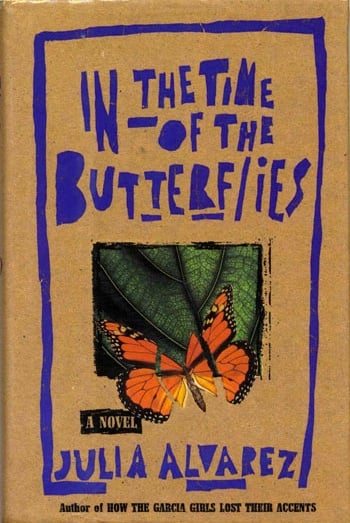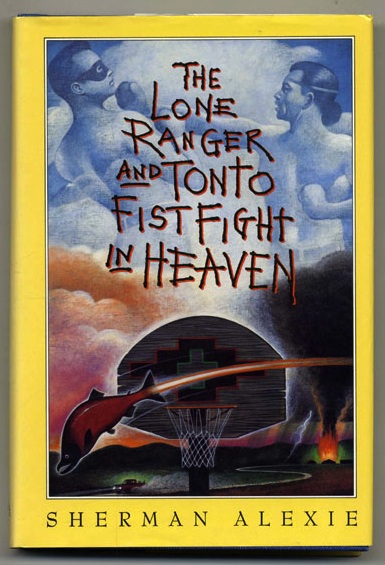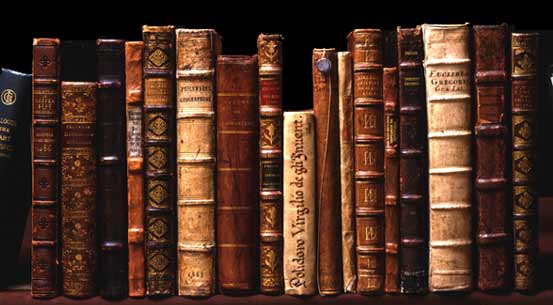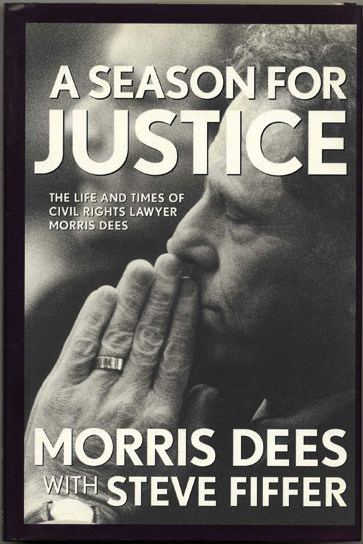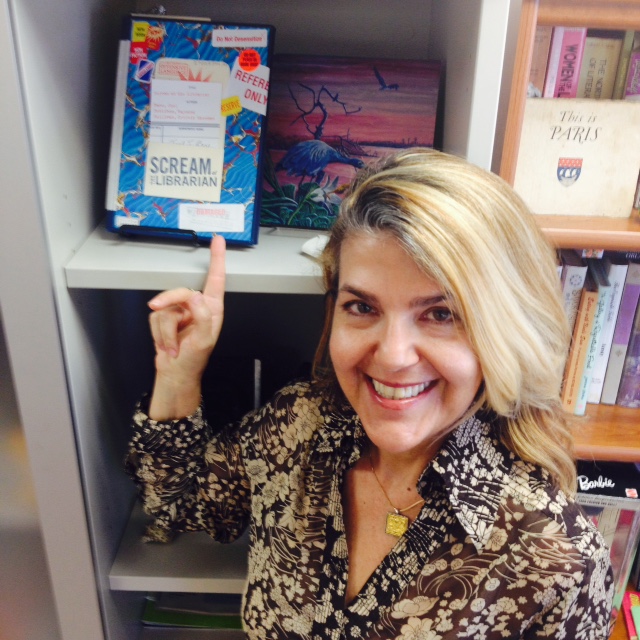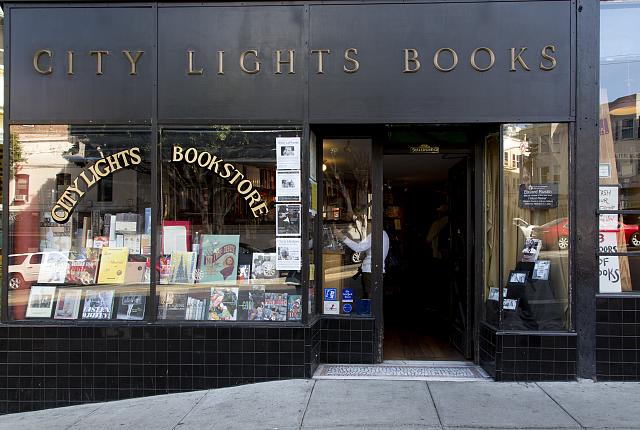It’s exciting to read a series of books. Nothing beats the feeling of finishing a great book and diving enthusiastically into its sequel. Beyond entertainment and intellectual nourishment, reading a series is also a point of pride. To finish an entire trilogy, or a five-book or seven-book anthology is a feat of discipline worthy of admiration. Yet as far as book series go, not many can beat Emile Zola’s naturalist collection Les Rougon-Macquart, an ambitious literary cycle made up of twenty separate books.
us toll free: 1-800-948-5563 international: +1 (843) 849-0283 UK: +44 (0) 1334 260018




